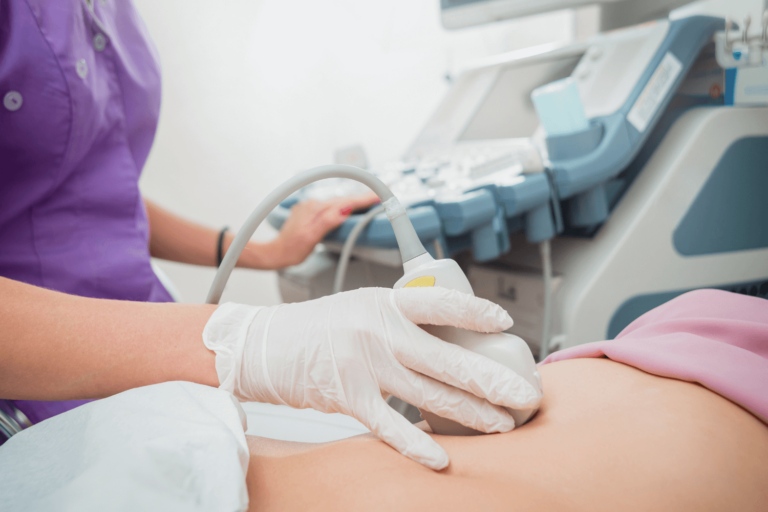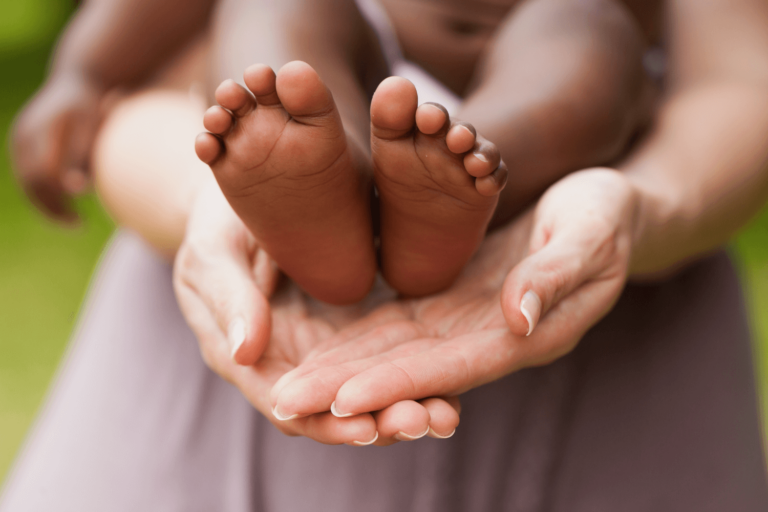Forced abortion, also known as coerced abortion or involuntary termination of pregnancy, occurs when a woman is compelled or coerced into terminating her pregnancy against her will. This coercion can take various forms, including threats of violence, manipulation, financial pressure, cultural or familial expectations, and societal stigma.
The impact of forced abortion on women’s rights and well-being is devastating and far-reaching. There are several major areas of life where a woman who has experienced forced abortion may be impacted.
Physical Complications from Abortion
Women who experience forced abortion may suffer from physical complications, as abortion can be a dangerous procedure. Potential physical complications can include hemorrhaging, infection, persistent pain, and even infertility.
Sometimes forced abortions happen without the oversight of a medical professional, using DIY methods or abortion pills. The misuse or self-administration of abortion pills, without appropriate medical consultation, can lead to serious complications such as incomplete abortions, excessive bleeding, infection, allergic reactions, and even life-threatening conditions. Additionally, the availability of counterfeit or unregulated abortion pills in certain regions poses further risks to women’s health and safety.
Emotional Effects of Forced Abortion

Abortion itself can evoke a myriad of complex and intense emotions, including grief, guilt, shame, anger, and profound sadness; when this process is forced onto a woman, it can compound these emotions and trauma. Individuals may grapple with feelings of betrayal and abandonment, particularly if the coercion comes from trusted sources such as family members or partners. Moreover, forced abortions can lead to long-term psychological consequences such as depression, anxiety, post-traumatic stress disorder (PTSD), and even suicidal ideation.
Societal Implications of Forced Abortion
The prevalence of forced abortion contributes to a culture of fear, silence, and trauma, eroding trust in institutions and fostering a climate of injustice and impunity. Societies that tolerate or condone forced abortion risk perpetuating cycles of violence, discrimination, and human rights violations.
Human trafficking and forced illegal abortions are disturbingly interlinked, representing egregious violations of human rights and dignity. Traffickers often exploit vulnerable individuals, particularly women and girls, by subjecting them to coercion, deception, and manipulation. In the harrowing realm of human trafficking, forced abortions serve as a means of control and exploitation, further perpetuating the cycle of abuse and subjugation. Victims of trafficking may be coerced into terminating pregnancies against their will, often under threat of violence, retribution, or abandonment. Forced abortions not only inflict physical harm but also inflict deep emotional and psychological trauma on survivors, compounding the already immense suffering wrought by trafficking.
Protect the Vulnerable
Forced abortion stands as a tragic assault on the sanctity of human life and the inherent dignity of both mother and child. Physically, the violence of abortion inflicts irreparable harm on the unborn child, snuffing out their potential for life and growth. Emotionally, the coercion and manipulation involved in forced abortions leave lasting scars on the mother, compounding her grief and trauma. Societally, the normalization of abortion perpetuates a culture of disregard for the vulnerable and undermines the foundation of respect for all human beings. Moreover, the intersection of human trafficking and forced illegal abortions highlights the urgent need to protect the most vulnerable members of society from exploitation and violence.




